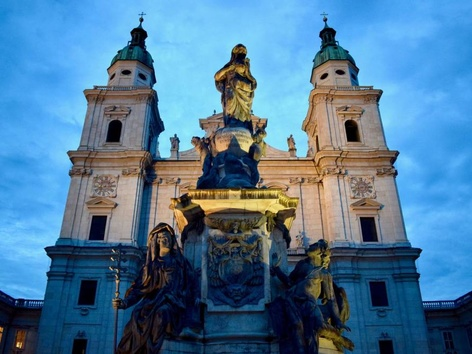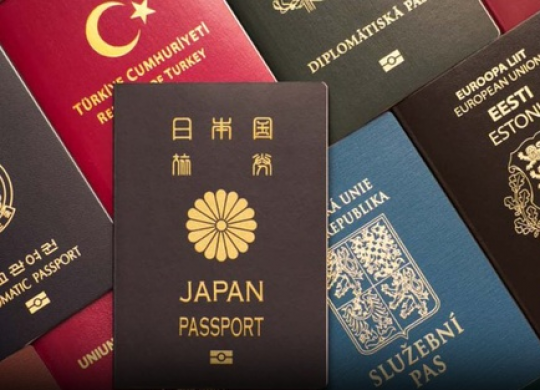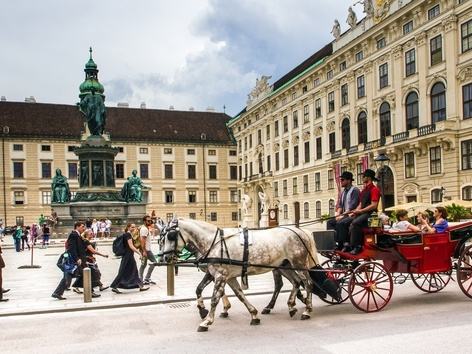In order to save money: in Europe, they refuse to illuminate monuments at night

European countries are introducing savings plans to save energy resources. Corresponding measures are provided by the recommendations of the European Commission against the background of the energy crisis.
Energy saving measures are planned to be introduced in Vienna. Following the example of the Austrian cities of Linz and Wiener Neustadt, where the lights on bridges and landmarks are turned off from 11:00 p.m.
Vienna is considering turning off the lights in St. Stephen's Cathedral. Franz Angerer, managing director of the Austrian Energy Agency, says: "It makes no sense to light up St. Stephen's Cathedral from midnight to six in the morning because there is almost no one outside."
It is important to note that savings will not be made on street lighting, but on the lighting of public facilities, monuments, etc. According to estimates, this way you can save up to 10% of electricity.
They are also considering the possibility of saving on the heating of office buildings, schools, and kindergartens. There you can turn off the heating during weekends, vacations, and holidays. This can help save up to 15% of energy. A more detailed austerity plan in Austria is to be presented next week.
In neighboring Germany, they also plan to turn off fountains and floodlights, as well as hot water in municipal swimming pools.
In order to save money in Spain, businesses, restaurants, museums and public transport will have to follow strict temperature requirements to save gas and other fuels. In summer, the minimum temperature here should be 27°C, and in winter – 19°C.
The austerity plan in Spain should also be published in the near future. The government has already approved the massive installation of solar panels on the roofs of public buildings and urged civil servants to work more from home so as not to waste energy on maintaining office space.
Recommended articles
1 min
Für Flüchtlinge
The simultaneous stay of visitors in the hotel lobby not more than one person per 10 square meters of serviceable area is allowed.
Persons can visit hotels and stay there (outside hotel room) only if they wear respirator or face mask (including homemade mask), so that the nose and mouth are covered.
Hotel guests are obliged to keep the 1.5 meters distance.
Online check-in making in advance is recommended to avoid queues at check-in to hotel.
Meals in hotels are provided through meals delivery service to rooms upon prior order or at hotel restaurants situated inside or in open areas, provided the distance of at least 1.5 meters between seats at adjacent tables.
Not more than 4 clients are allowed to stay at the table (excluding children under 14 years old). Unless these tables are separated by a special partition;
Self-serve is not allowed.




